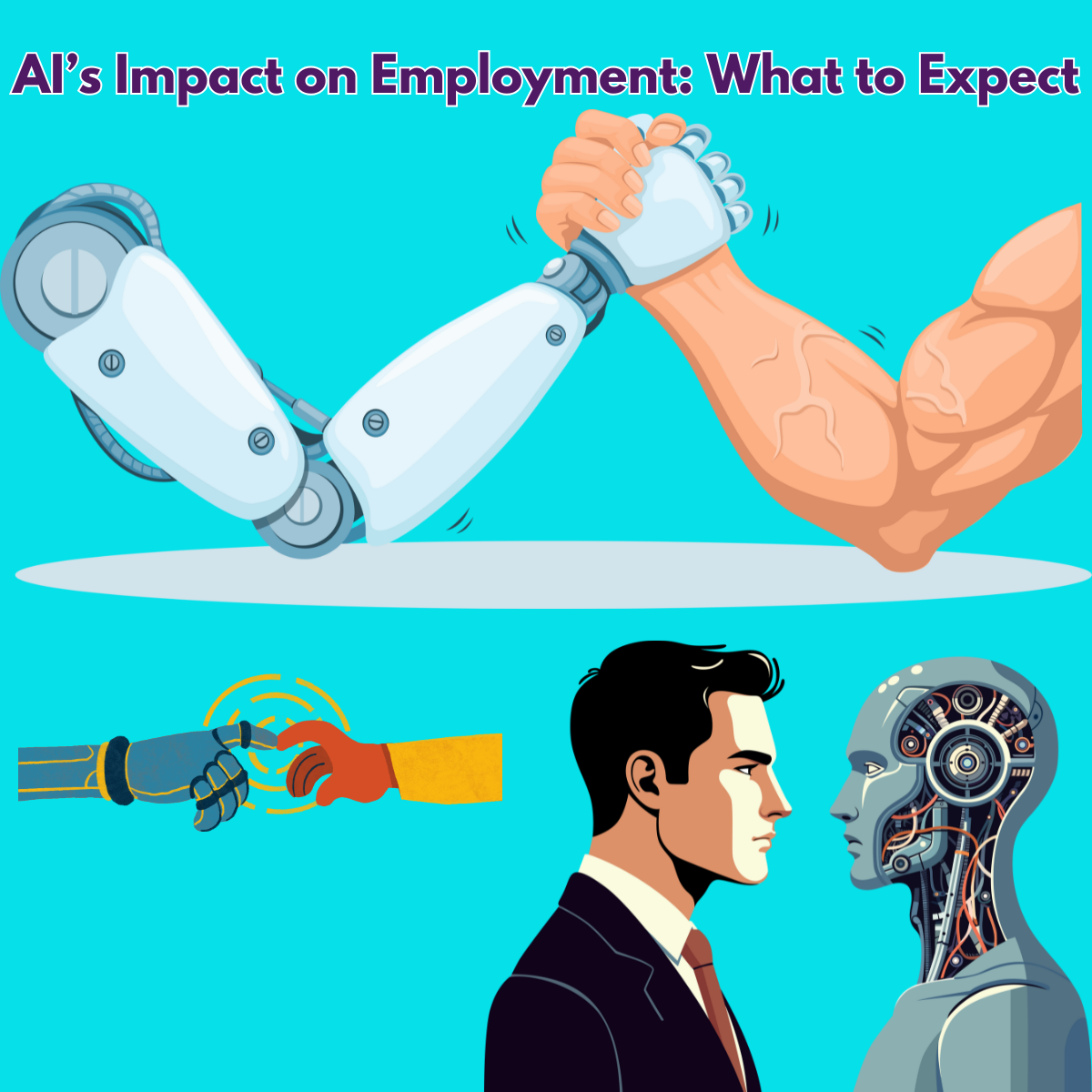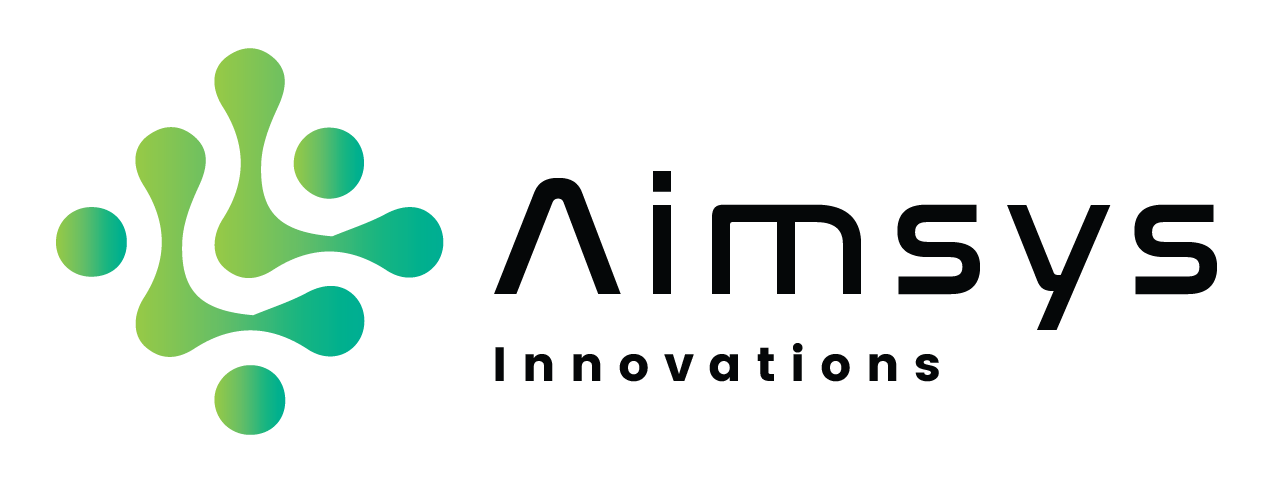Posted At: Aug 19, 2025 - 415 Views

🤖 Will AI Take My Job? A Double-Edged Sword for the Future of Work
The rise of artificial intelligence (AI) is transforming industries at a pace few could have predicted. From self-driving cars to automated customer support, AI is now capable of performing tasks that were once exclusively human.
This shift has sparked an intense debate: Will AI replace our jobs, or will it create new opportunities for work and innovation? The reality lies somewhere in between — AI is a double-edged sword, bringing both risks and rewards.
Why AI Could Replace Jobs
1. Automation of Routine Tasks
AI is exceptionally good at repetitive, rule-based work.
- Manufacturing: Robotic arms powered by AI can assemble products faster and with fewer errors than humans.
- Data Entry & Processing: Machine learning models can extract, organize, and analyze information in seconds, eliminating the need for manual data handling.
As these capabilities grow, industries reliant on routine tasks are likely to see job displacement.
2. Increased Efficiency
Businesses constantly seek ways to reduce costs and improve efficiency. AI offers:
- Faster decision-making
- 24/7 operation without fatigue
- Lower operational costs compared to human labor
For example, AI-driven chatbots can handle thousands of customer inquiries simultaneously, reducing the need for large call center teams.
3. The Skills Gap
AI isn’t just changing the tools we use — it’s changing the skills we need.
- Workers without knowledge of AI, data analytics, or emerging tech risk falling behind.
- The World Economic Forum predicts that by 2025, 50% of all employees will require reskilling due to AI and automation.
If skill development doesn’t keep pace, many workers may struggle to remain employable.
Why AI Could Create Jobs
1. Job Transformation
Rather than eliminating jobs entirely, AI often reshapes them.
- Marketing professionals now use AI to automate reports, freeing time for creative campaigns.
- Doctors use AI diagnostic tools to identify illnesses faster, but still rely on human judgment for treatment decisions.
This hybrid approach allows humans to focus on strategy, problem-solving, and empathy-driven work — areas where AI still struggles.
2. New Roles and Industries
AI is creating entire job categories that didn’t exist a decade ago:
- AI Ethics Consultants – Ensuring AI is used responsibly and without bias
- Prompt Engineers – Designing inputs for AI models to achieve better outputs
- Data Storytellers – Translating AI insights into actionable business narratives
Just as the internet created social media managers and app developers, AI will birth new career paths
3. Enhanced Productivity and Innovation
When AI takes over repetitive work, humans can focus on higher-value activities.
- A software developer can use AI code assistants to speed up programming.
- A journalist can use AI research tools to analyze large datasets quickly.
This can lead to faster innovation cycles and the creation of entirely new business models.
A Balanced Perspective
The impact of AI on jobs isn’t purely destructive or purely creative — it’s both. The key difference will be how we adapt:
- Workers need to reskill and upskill in AI literacy, data analysis, and soft skills like creativity and emotional intelligence.
- Organizations need to adopt AI responsibly, focusing on augmentation rather than pure replacement.
How to Future-Proof Your Career in the Age of AI
- Learn AI Basics – Understand how it works and how it impacts your industry.
- Embrace Lifelong Learning – Continuously update your technical and creative skills.
- Leverage AI as a Partner – Use AI tools to enhance, not replace, your capabilities.
- Focus on Human Strengths – Cultivate skills in empathy, leadership, and innovation.
Final Thoughts
AI will disrupt some jobs while creating others — but history shows that technological shifts often lead to more opportunities in the long run. The real question isn’t whether AI will change work — it’s whether we are ready to adapt to it.
💬 What’s your perspective? Are you preparing for AI by upskilling, or do you see it as a threat to your career? Share your thoughts — the future of work is a conversation we all need to be part of.
